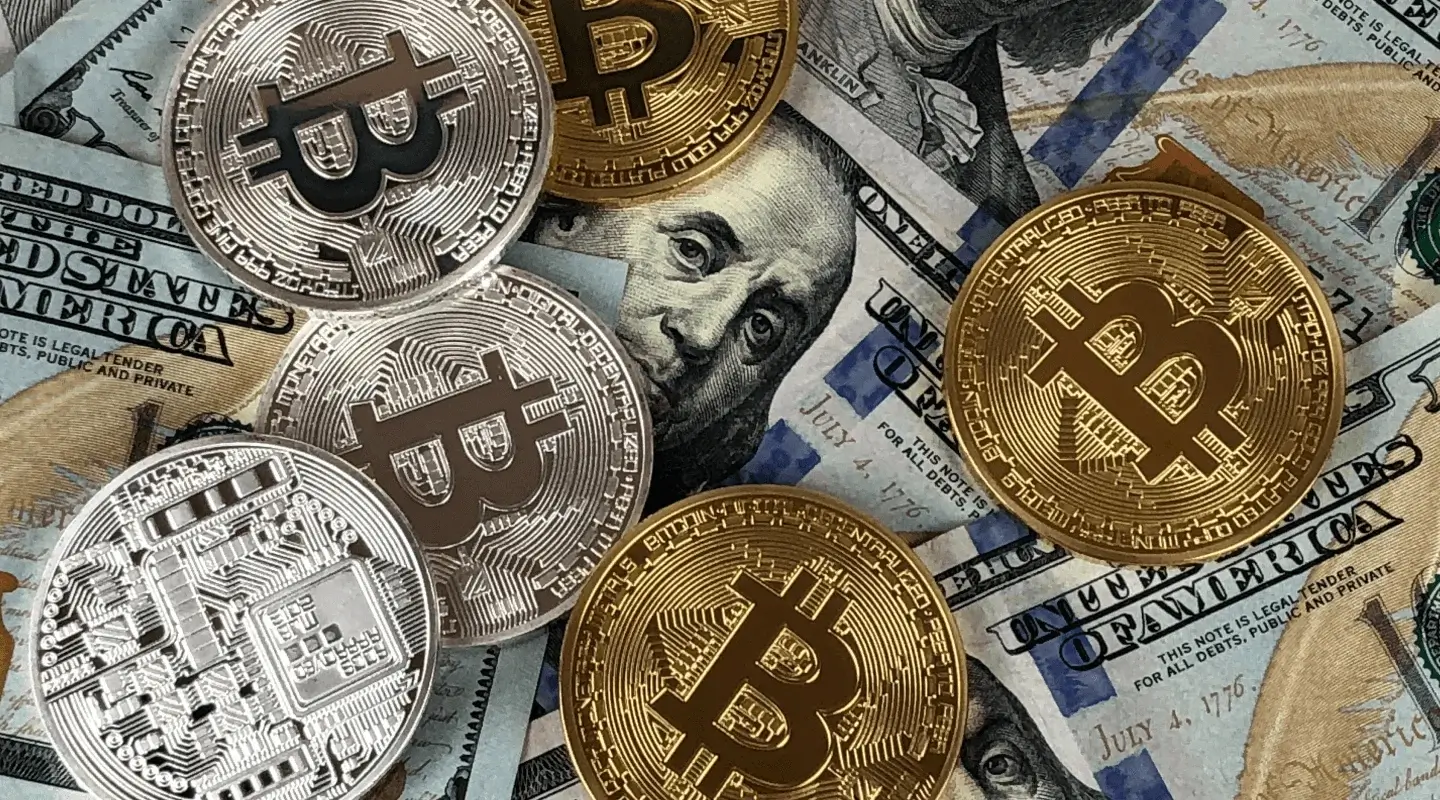What is blockchain and why it is the next big thing
by
-
5 minutes read
-
March 30, 2021

Illustration by : https://www.pexels.com/photo/round-silver-and-gold-coins-730564/
What is blockchain and why it is the next?
Block chain or distributed ledger technology (DLT) definition for a lay-man can be put as, “information stored in the form of blocks in a de-centralized capacity, providing access to multiple users, with the provision of real time manipulation. Every new set of information then constitutes another block in the chain”
It can be presumed, with reasonable assurance that DLT has the potential to impact and transform the environment in much of the same way that internet did in 2000‘s, through the flexibility and ease of record keeping, cost cuts, streamlining of supply chains and a more secure environment, safe from hackers as there is no one particular point of attack.
It can be presumed, with reasonable assurance that DLT has the potential to impact and transform the environment in much of the same way that internet did in 2000‘s, through the flexibility and ease of record keeping, cost cuts, streamlining of supply chains and a more secure environment, safe from hackers as there is no one particular point of attack.

Illustration by : https://www.pexels.com/photo/cash-money-and-bitcoins-6778650/
Blockchain and Bitcoin, what‘s the difference?
Many people still interrelate blockchain as bitcoin. While they are mutually inclusive, bitcoin is just another stem of a huge technological conglomerate. Blockchain is a widely distributed access to data through a data base, whereas bitcoin represents a single facet or feature of the distributed ledger technology in the capacity of peer-to-peer electronic system, where the users can trade securely without the need of an independent authority. Other examples of blockchain excluding cryptocurrencies are
- Smart contracts
- Shared, transparent system of records
- Auditing the supply chain
- Providing proof of insurance
The expected impediments to DIL
If seen in terms of a Cost vs benefit analysis, Block chain being in its early years is susceptible to both serious software bugs and marginally greater costs as the technology is still in its introductory phase. However, with the passage of time as more companies will converge towards DIL, improvements will be achieved and as an indirect consequence costs would fall. Drawing a comparison between DIL and internet, the later was invented in late 80‘s, in mid-90‘s it only represented 1% of the information flowing through two-way telecommunication networks, up until 2000‘s where it constituted almost 51% of the communication flow and speaking in terms of today, Internet has engulfed 97% of the world and is getting bigger by the day. Possibly after a decade into the future the existing ways of doing business will become totally obsolete due to the element of transparency coupled with the ease of use and flexibility offered at a very low cost by developments in blockchain.